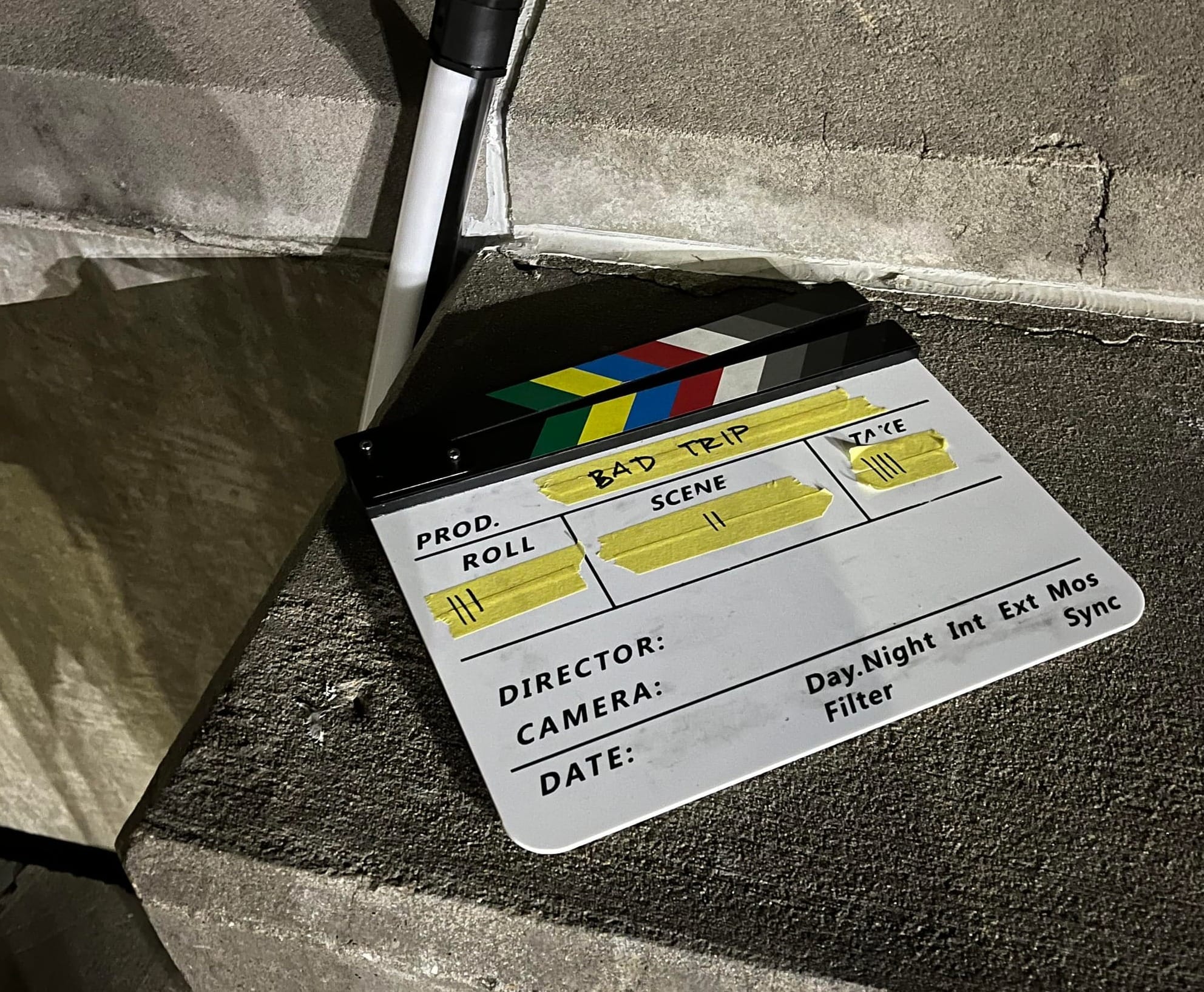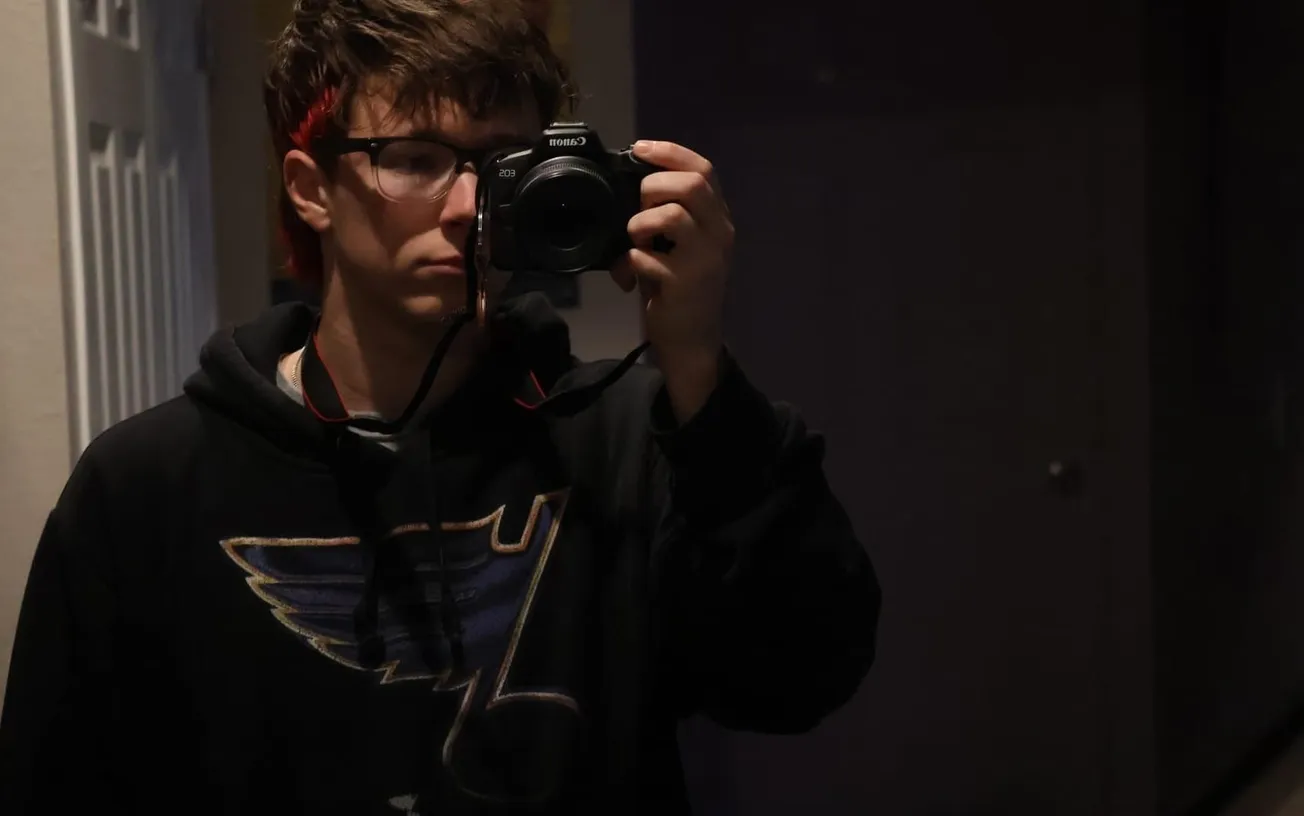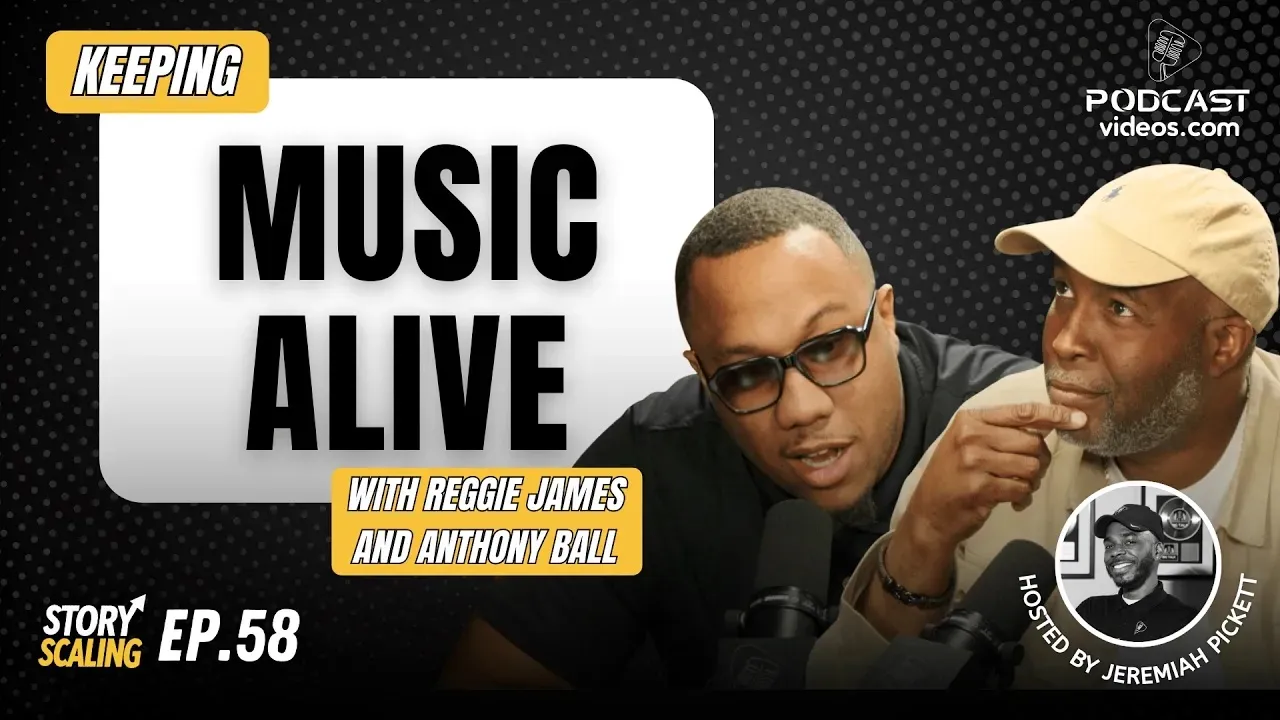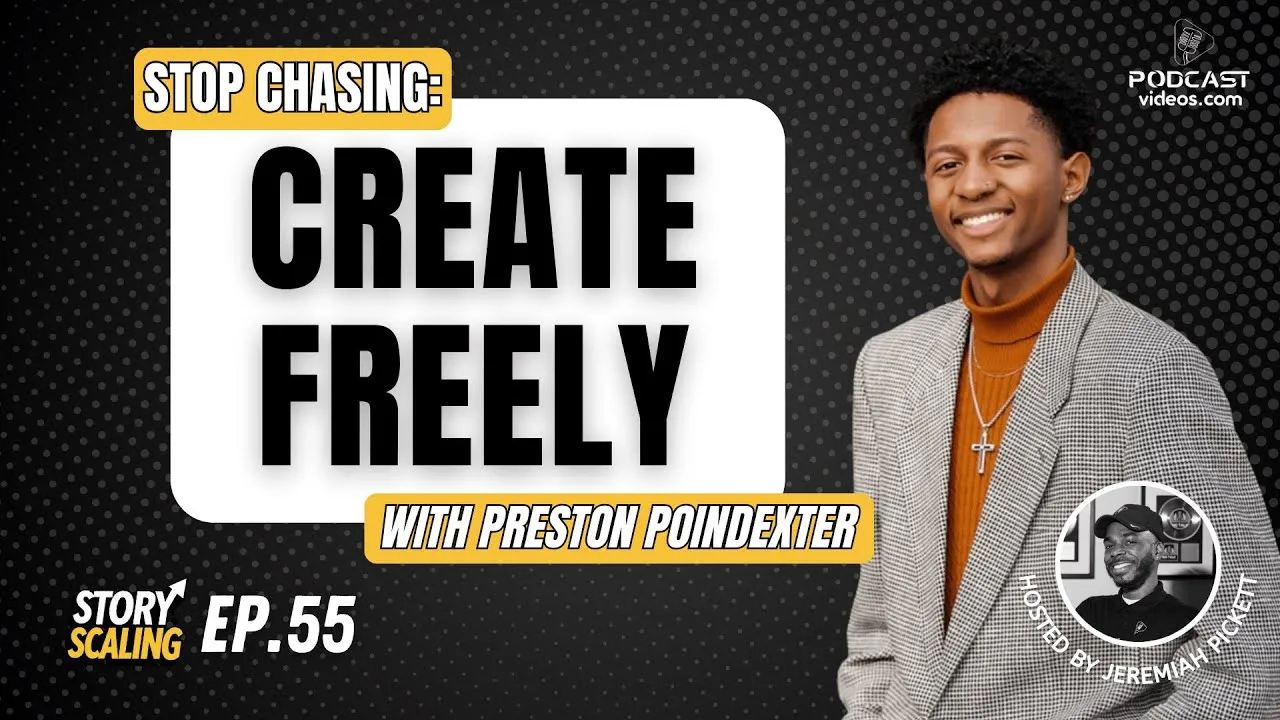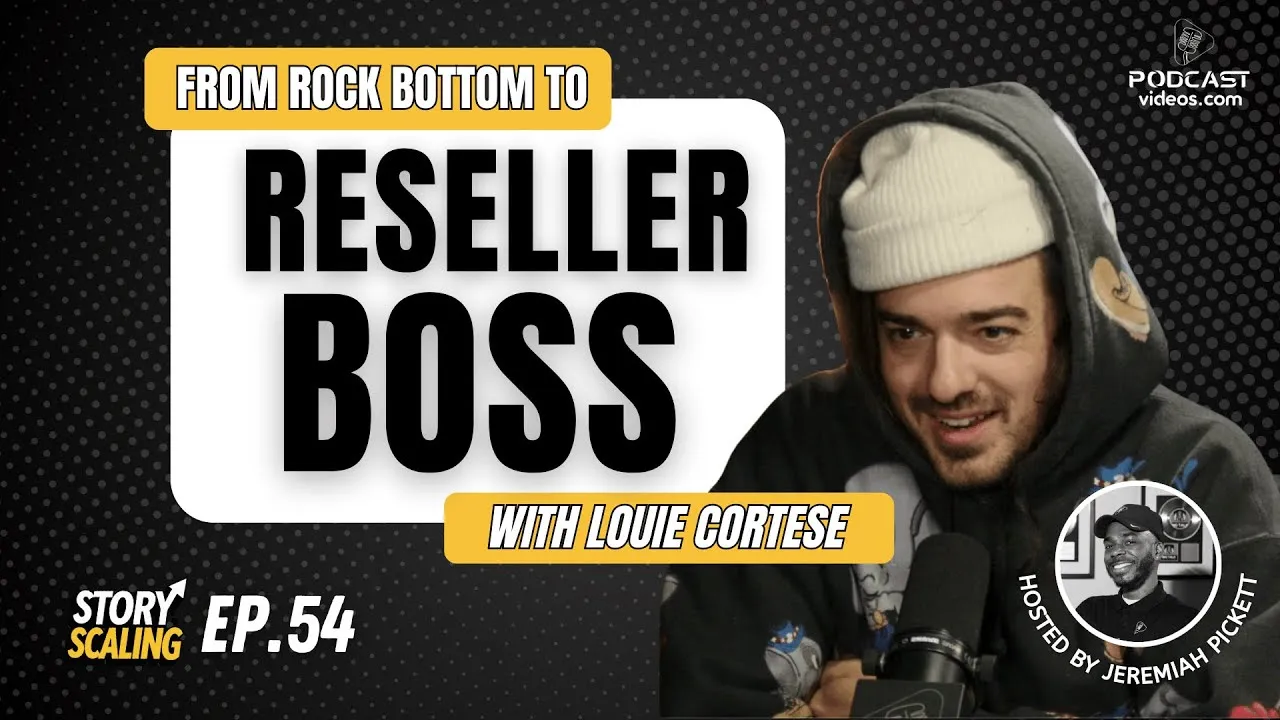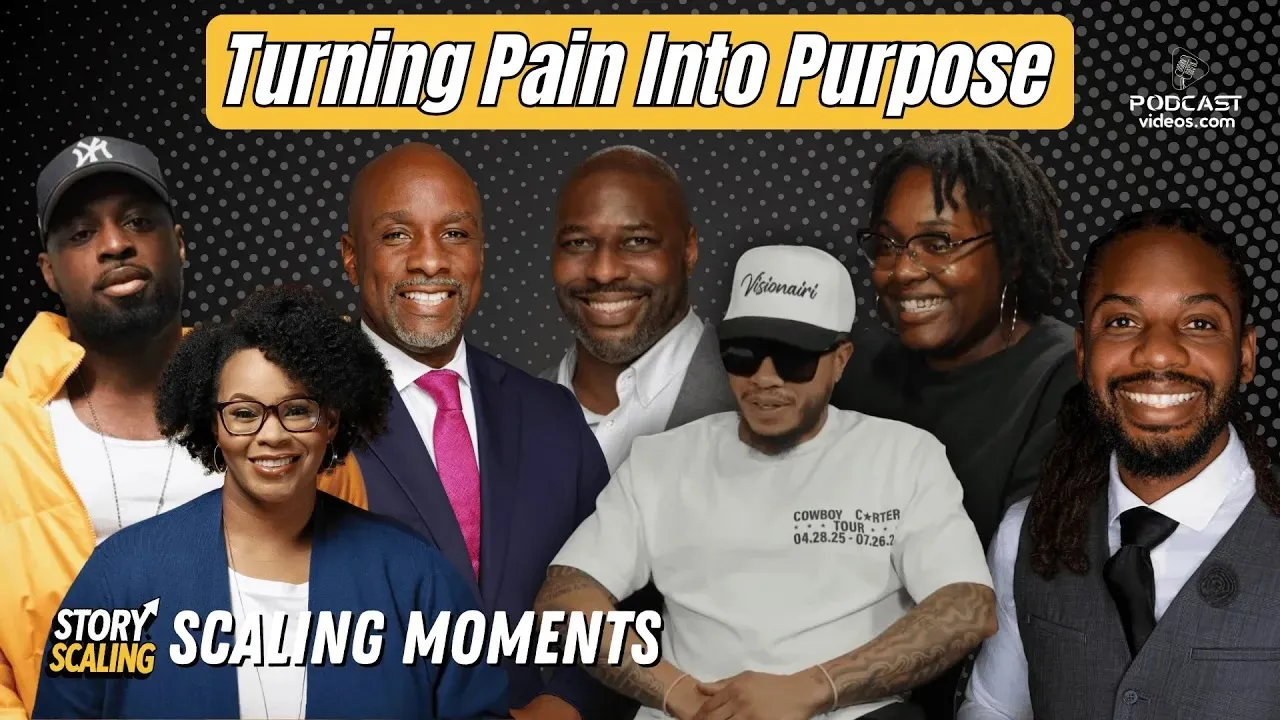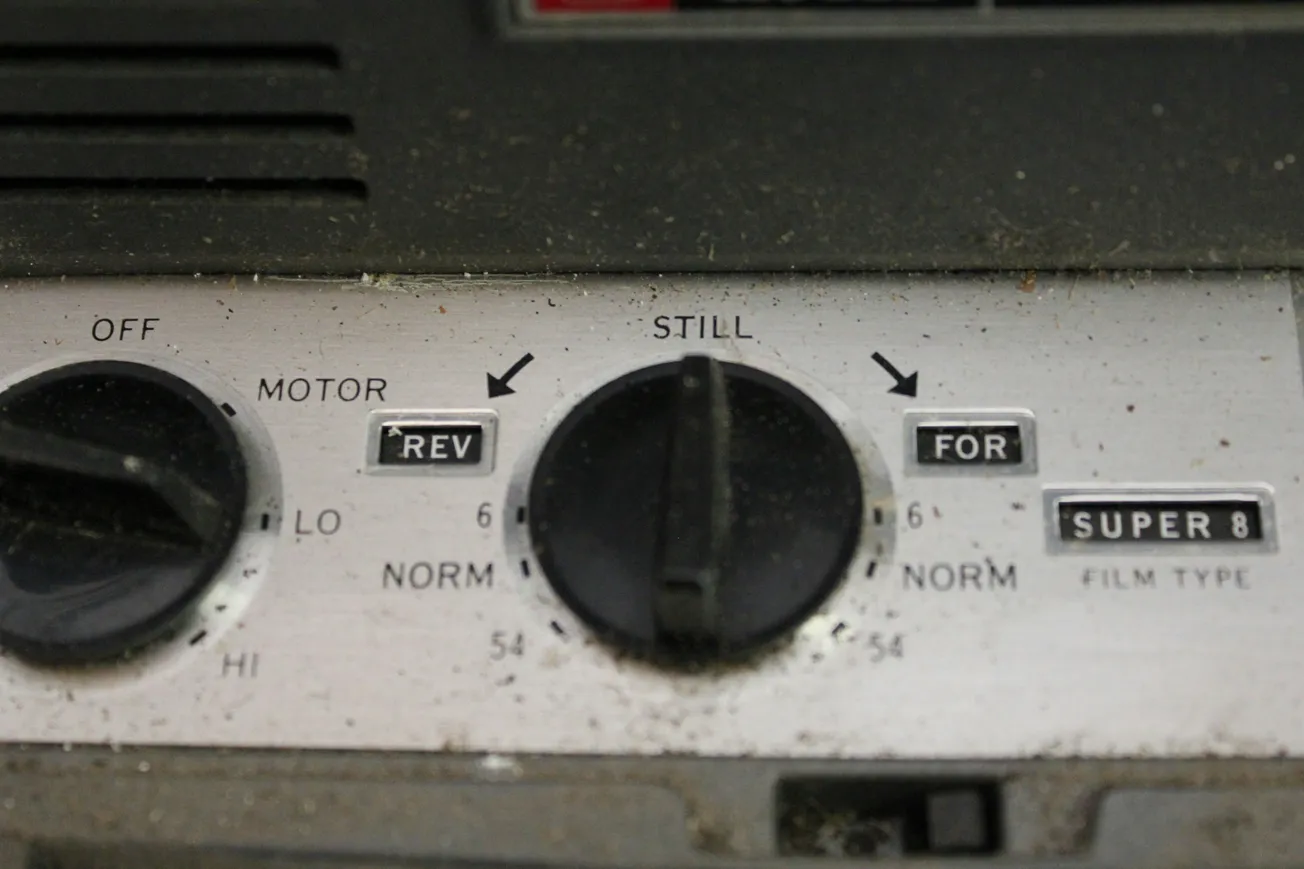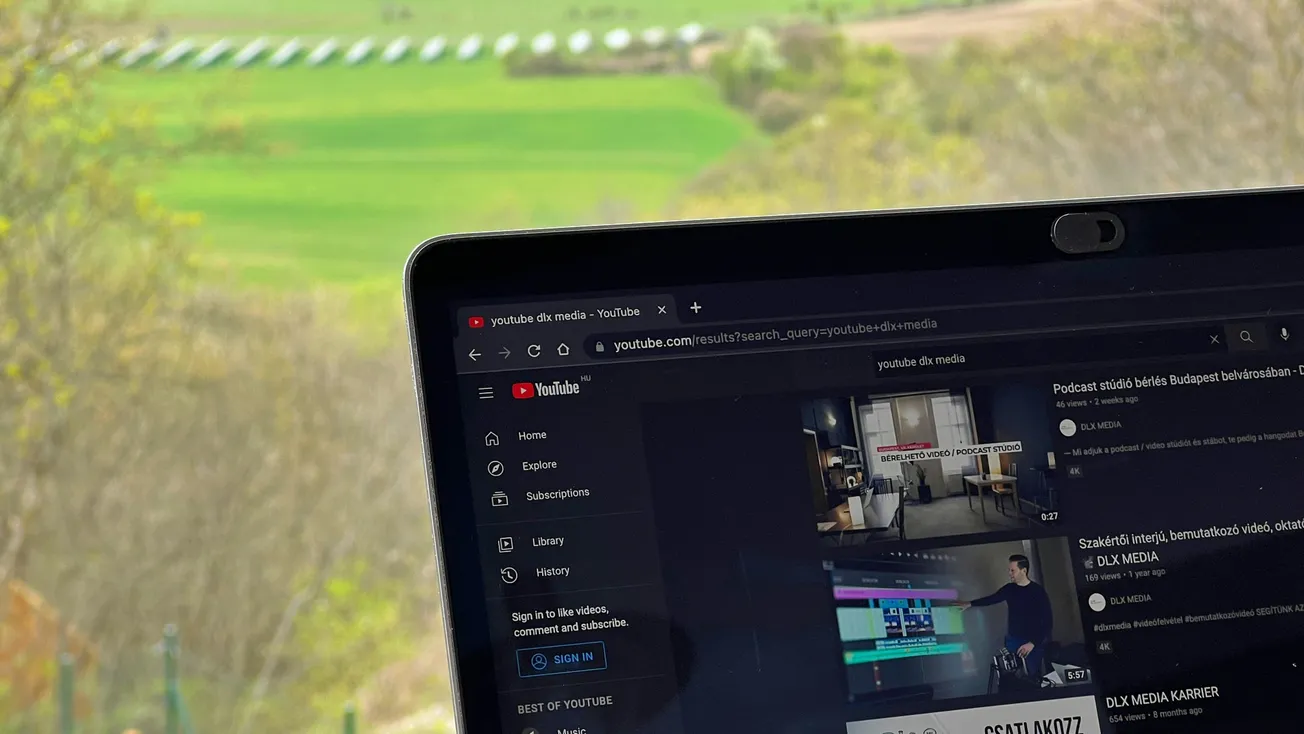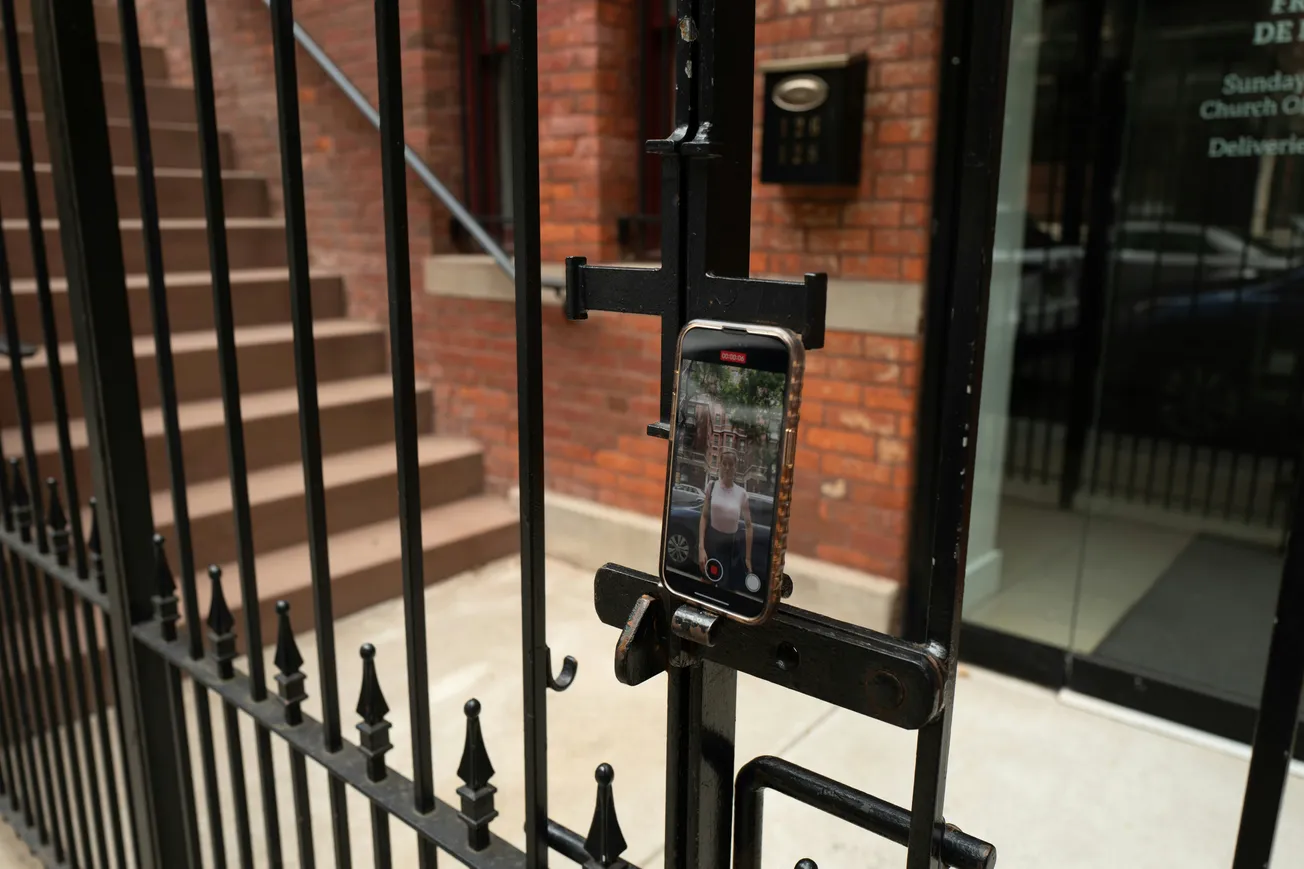A Birthday Reflection from Behind the Camera
My 23rd birthday is this weekend. To me, birthdays are about more than another year on planet Earth. They are also for reflection and appreciating how much you have grown over the years. Although, I do enjoy my fair share of birthday cake and texts from people I haven't seen in a while.
Every year on my birthday, I try to ask myself, "What did I learn this year that I didn't know before?" and what specific struggles it took to learn these lessons.
This year, much of that new knowledge comes from audio and video creation. Such content has taught me more about myself than I ever could have realized on my own. The camera has forced me to focus – no pun intended – on who I actually am when I'm creating.
1. Finished Is Better Than Perfect, Especially in Video
My early videos were chaotic. Uneven lighting, bad framing, echoey sound, choppy editing. I mostly did them for my own enjoyment, thinking I would never let anyone else see them.
However, I constantly learned more during my final year in college and from interning at PodcastVideos.com, allowing me to improve my technique and expand my knowledge. I realized that it is better to have something finished in a timely manner than to have it 100% perfect, because, realistically, perfect does not exist.
The hardest part of creating anything is starting. Whether audio or video, consistency and authenticity matter more than cinematic perfection. The audience you gain will grow with you.
2. Personal Experience is Creative Fuel
Some of the best content isn't planned beforehand but is done on the fly.
Human voices carry emotion in ways we often don't realize, and that is what grabs a listener's attention. Add video, and you double that effect: body language, eye contact and presence all matter.
Don’t hide behind the mic or over-edit the cut. Authenticity drives engagement more than perfect editing ever could. It is important not to leave your real life out of your creative life. Good art always comes from personal experience and emotion.
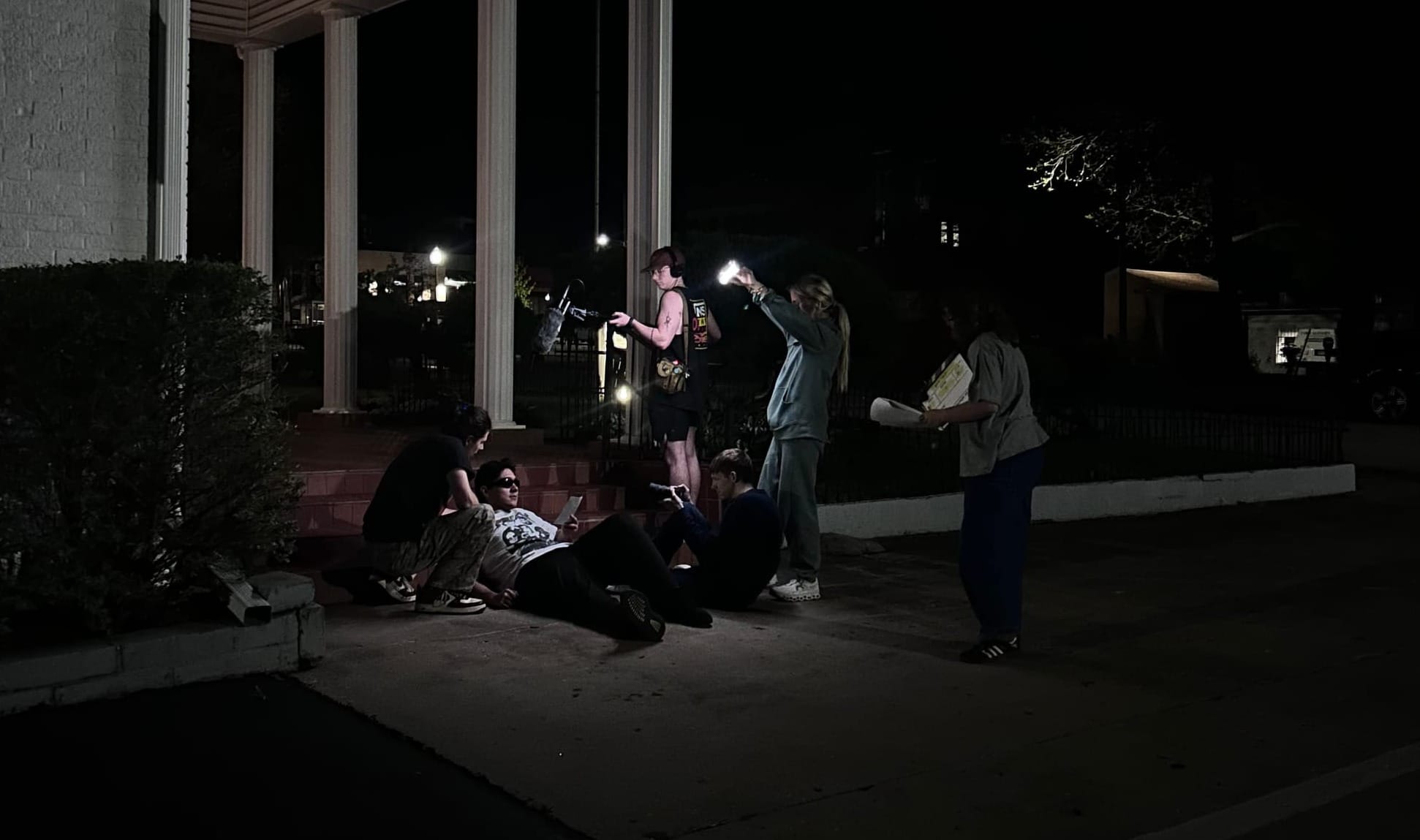
3. Stop Waiting for Expensive Gear
Obsessing over the quality of microphones and cameras is just a waste of time. Audio clarity and lighting matter, but I have also seen creators grow massive followings with phones and cheap lapel mics. I have made plenty of decent content with $20 microphones and borrowed cameras.
You don’t necessarily need a studio to create compelling content. You just need a vision, a message and determination to keep creating. Invest in gear gradually. Although fancy cameras and tripods can make the job easier, you must let your content lead the way, not your equipment.
4. Systems Save You When Motivation Fades
Some days, I feel very inspired out of nowhere. Other days, not so much. Audio and video creation can be demanding, which often leads to burnout, exhaustion and a creative block.
Batch recording, repurposing long-form video into short clips, templated thumbnails, editorial calendars – all of these are useful tools that come in clutch when you are stuck in a creative rut. It can help you be productive even when you don't feel motivated.
Treat content like a professional studio would: scheduled, repeatable, optimized. Structure gives you far more creative freedom in the long run.
5. Let Your Story Evolve - Don't Force It to Go Where You Originally Thought It Would
One of the biggest lessons I have learned – especially as a writer and reporter – is that your original idea isn’t always the right idea.
You might start a podcast episode or article thinking it’s about one thing, but then a source says something unexpected. A quote takes you deeper. A stat reframes the stakes. Suddenly, you realize the story you thought you were going to tell isn’t actually the story at all.
In audio, video and other forms of storytelling, this is where the real value shows up. It is what separates scripted content from something truly authentic and insightful. When you allow the story to evolve as you gather more information, your audience gets to discover alongside you.
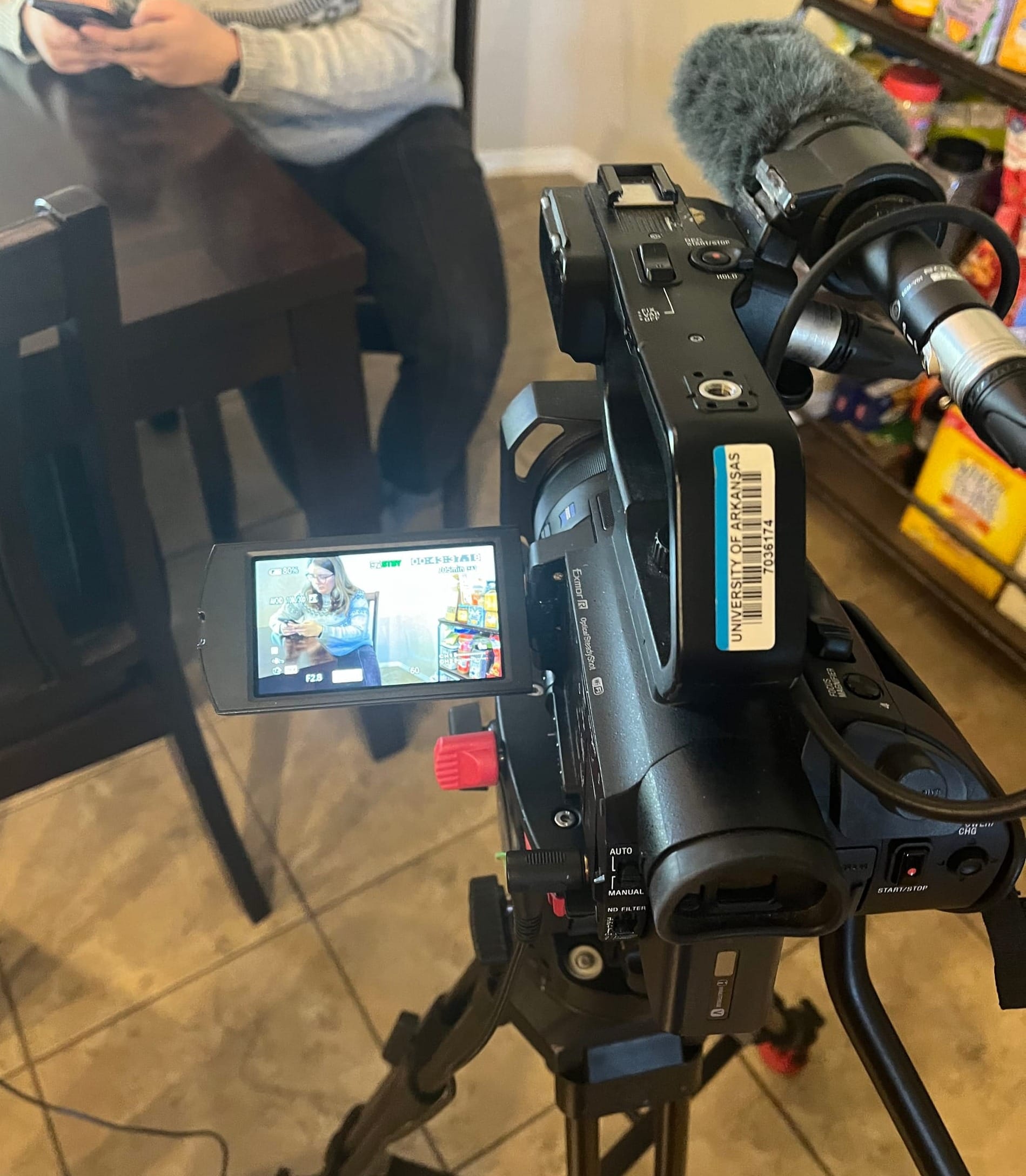
Final Thoughts: Celebrate Progress, Not Just Production
If you're reading this and you're thinking about creating, here is my advice: Start where you are, use what you have and speak from the moment you are in. Your experiences are the heart of your creativity. If you don't start now, when will you?
My birthday this year is not just another year around the sun, but it is also a reminder of what's possible when you commit to what you want to do. I am celebrating not just another year, but what that year has taught me and how it grew me into a better creator, storyteller and person.
Whether you have a fancy mic or a smartphone, part of an idea or a full-fledged series, your voice and story matter.
Remember:
- Create before you think you're fully ready.
- Use systems and planning that make creation sustainable.
- Show up on camera and behind the mic with intent.
- Build something that reflects who you are, not just what the algorithm wants.
Further Reading from Ashton York
- How to Start a Podcast in 6 Steps
- Emotional Connections: Why Podcasts Hit Harder
- Adapting to the Rise of Vertical Video Content
- What It Takes to Succeed as a Creator in 2025
